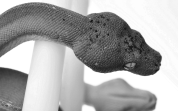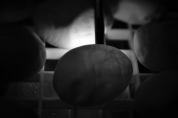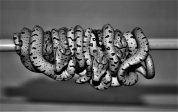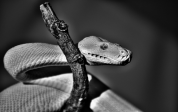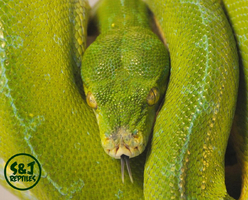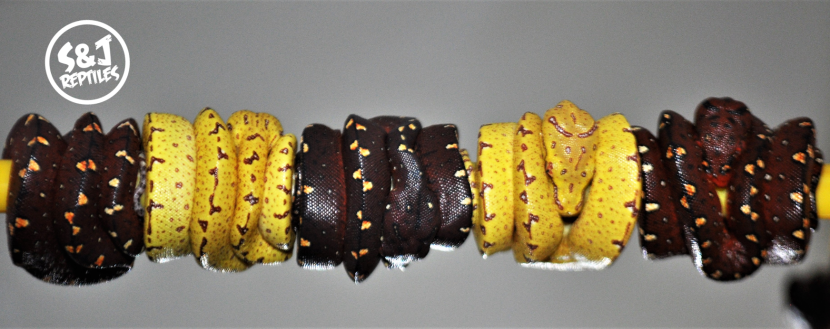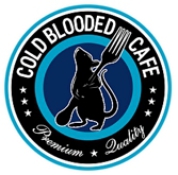S&J Reptiles Specializes in Arboreal Boas and Pythons
Green Tree Pythons (Morelia viridis)
Madagascar Tree Boas (Sanzinia madagascariensis)
Tree Boas of the genus Corallus including Emerald Tree Boas (Corallus caninus) Amazon Tree Boas (Corallus hortulanus)
Black-Tailed Tree Boas (Corallus ruschenbergerii)
Annulated Tree Boas (Corallus annulatus)
We have been working with these beautiful and highly sought after
arboreal snakes since 2005. We hope you enjoy our photos
and share in our love for these beautiful species.
__________________________________________________________________________________________
INTRODUCING THE NEW
S&J WAIT LIST
BE THE FIRST TO KNOW WHAT IS NEW,
RELEASE DATES, AND NEW
"AVAILABLE" PICTURES!!!
_________________________________________________________________________________________________________
CONTACT AND FOLLOW US ON INSTAGRAM AND FACEBOOK -
Daily updates and more!!!!
@SJ_Reptile OR EMAIL US at SJReptile@gmail.com
LAST UPDATED 2025
We are also on MorphMarket. For prices and more information click picture below!!
OUR SNAKES EAT @
COLD BLOODED CAFE
#1 PLACE FOR ALL YOUR FROZEN RODENT NEEDS
S&J ships with www.shipyourreptiles.com or www.redlineshipping.com. Shipping services offer On-Time & Live Arrival Insurance. Our GTPs have been raised with the best and should be shipped by the best.
A great place for news and discussions!!
The United States Association of Reptile Keepers (USARK) is a science, education and conservation-based advocacy for the responsible private ownership of, and trade in reptiles and amphibians. We endorse caging standards, sound husbandry, escape prevention protocols, and an integrated approach to vital conservation issues. - USARK
GTP Facts:
- GTPs originate from the mainland of New Guinea, and its barrier islands, as well as in Eastern Indonesia (Aru Islands, Salawati, Missol, Cenderrawasih Bay Islands and Papua) (Iskandar and Colijn 2001). This species can also be found in the northeast Cape York Peninsula of Australia. The GTP is often seen between sea level and 2,000m above sea level.
- Neonate (baby) GTPs are usually yellow, or red. As they mature (around 1-2 years old), their Juvenile color changes. Most individual snakes are green with small bits of blue, yellow and white. Selective breeding has brought around beautiful varieties of high blues, yellows, and whites.
"Each color is unique and stunning in its own way. Watching the color change is one of the most exciting things about owning these beautiful snakes." - Trooper Walsh, Reptiles Magazine
- Even though their name suggests that these tree dwelling “arboreal” reptiles are green they can produce an amazing variety of colors and we love them all. .
- The average life span for a GTP is 10-20 years, but with proper husbandry and low stress these animals have been known to live into their 30s.
Many of the Green Tree Pythons available today are marketed as captive bred but actually originate on Indonesian farms. These snakes appear to be healthy, but can harbor parasites and other unknown ailments that will harm them over time. You should always try to purchase your GTPs from known breeders in the “Chondro” community that have healthy, well taken care of USCBB (US Captive Bred and Born) snakes. This will assure that your new GTP has not been stressed by a long flight around the world and possibly introduced to all kinds of foreign viruses and parasites. In addition, developing a relationship with one of the many US Chondro Breeders will assure that you have a long-term resource to help guide you through the successful captive husbandry of these fascinating snakes. Our advice, buy GTPs that are “Made in the USA”
TAGS : sjreptiles gtp chondro chondroaddiction snakes reptiles Morelia python greentreepython moreliaviridis florida photography animals נָחָשׁ 2024 GTP Africa Morelia alert Green Tree Python arboreal Chondro attack Python Ball Python bite carnivorous caution constriction constrictor dangerous exotic fatal forest gallery image jaws jungle large lethal non venomous north america Oviparous Pantherophis guttatus photo picture powerful predator prey rainforest Florida reptile scales snake species terrestrial thick toxic tree types United States venom venomous

